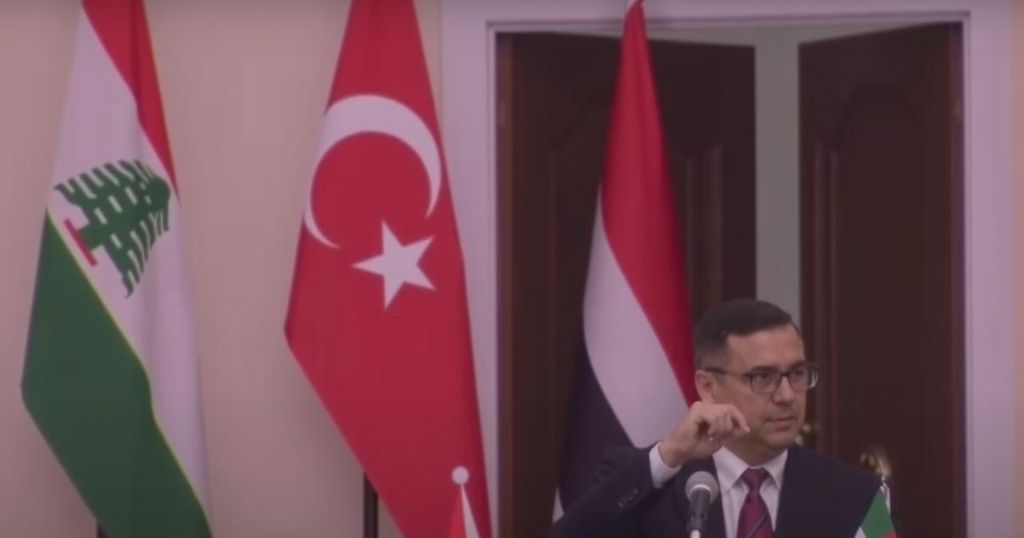Lebanon’s Prime Minister Najib Mikati will visit Syria for the first time since HTS took power, amid heightened border tensions and new entry restrictions on Lebanese citizens. This visit follows clashes between Lebanese forces and Syrian militants. Concurrently, the Lebanese army is deploying deeper into southern regions as Israeli forces withdraw under a ceasefire agreement.
Lebanon’s Prime Minister Najib Mikati is set to visit Syria imminently, marking the first official visit since the rise of Hayat Tahrir al-Sham (HTS) to power in Syria last month. This announcement was made by Information Minister Ziad Makary following a cabinet meeting, amid escalating border tensions illustrated by new Syrian entry restrictions imposed on Lebanese citizens and recent clashes between Lebanese forces and Syrian armed groups. The new regulations now necessitate a visa for Lebanese nationals wishing to enter Syria, a change from the previous allowance of entry with a passport or ID card alone.
The tighter entry controls were instituted following a border incident that wounded five Lebanese soldiers due to confrontations with unidentified Syrian militants. Prime Minister Mikati recently communicated with Syria’s de facto leader, Ahmed al-Sharaa, highlighting the need for dialogue particularly in light of these border incidents. Mikati’s office noted Sharaa’s invitation for an official visit, reflecting a complex relationship between the two nations underscored by Lebanon’s political divisions regarding ties with Damascus.
In a related context, the Lebanese army is intensifying its deployments in the southern region as Israeli forces progress with their withdrawal as per a ceasefire agreement established last November. This troop movement, which is coordinated with the United Nations peacekeeping contingent in Lebanon, involves strategic placements in towns close to the Israeli border. The ceasefire resolution followed a series of aggressive actions between Hezbollah and Israel, culminating in severe repercussions for Lebanon, including significant civilian casualties and widespread displacement during the conflict.
The situation between Lebanon and Syria has become increasingly tense due to geopolitical dynamics influenced by Syria’s recent changes in governance, particularly after HTS gained control. The visit of Prime Minister Mikati to Syria is significant as it may influence Lebanon’s internal political landscape, which has been historically divided on relations with Damascus, particularly following Hezbollah’s military involvement in the Syrian civil war. Furthermore, increased border tensions manifest in heightened entry controls for Lebanese nationals and incidents involving military engagements, reflect the fragile security situation that both nations face. Concurrently, the gradual withdrawal of Israeli forces under a ceasefire agreement has implications for Lebanese sovereignty and regional security dynamics, further complicating the relationships within this triad of nations.
In conclusion, the anticipated visit of Lebanon’s Prime Minister to Syria symbolizes a pivotal moment in the evolving political and security landscape of the region. Amidst rising border tensions and recent clashes, the new entry requirements for Lebanese citizens into Syria illustrate the complexities of Lebanese-Syrian relations. Additionally, the Lebanese army’s deployment to the south as Israeli forces withdraw highlights the ongoing challenges Lebanon faces in establishing security and stability within its borders. As regional dynamics continue to shift, the relationships among Lebanon, Syria, and Israel will remain critical to monitor.
Original Source: www.newarab.com






